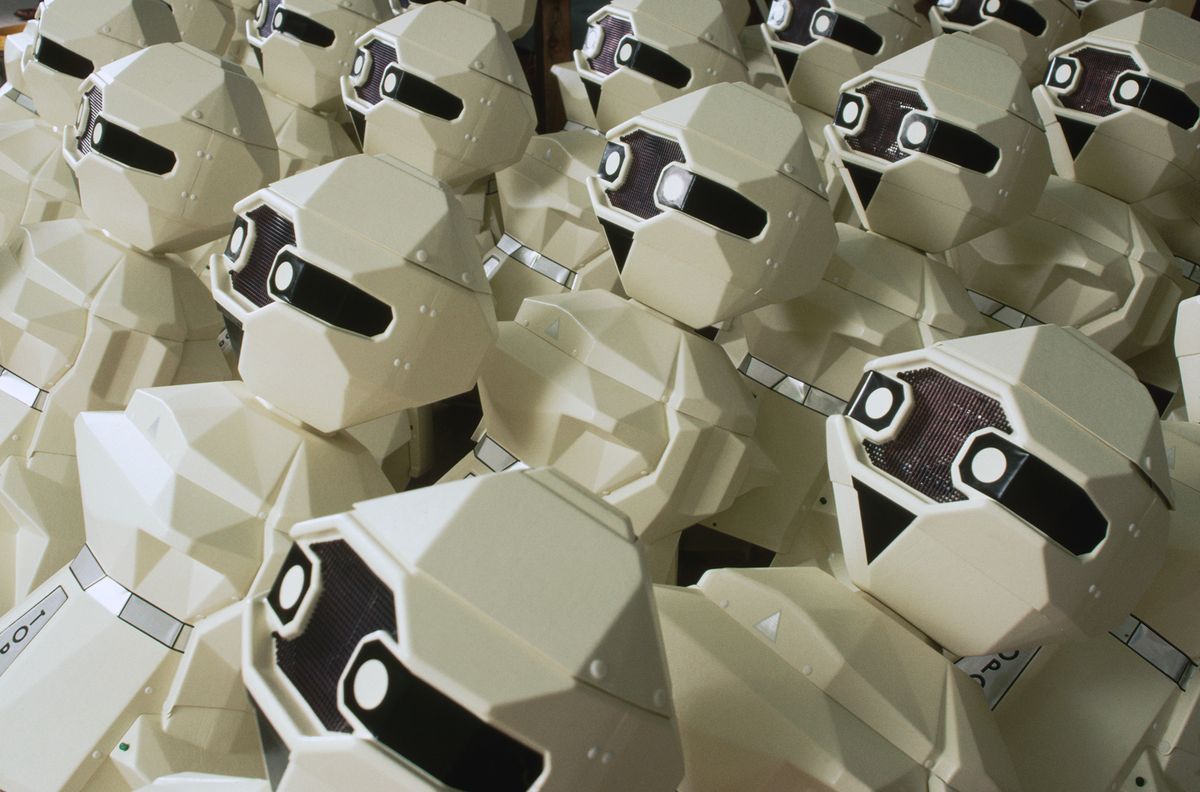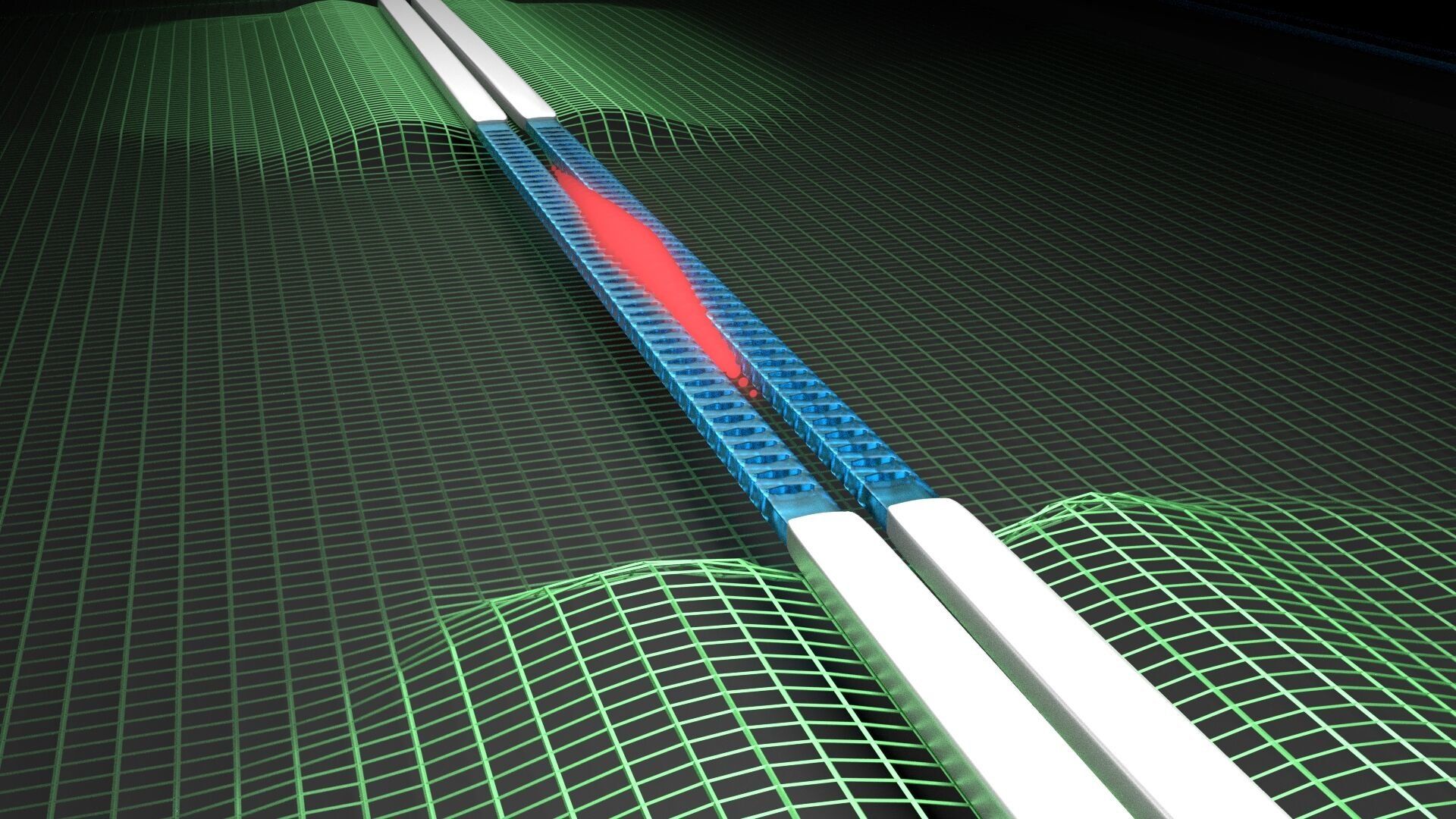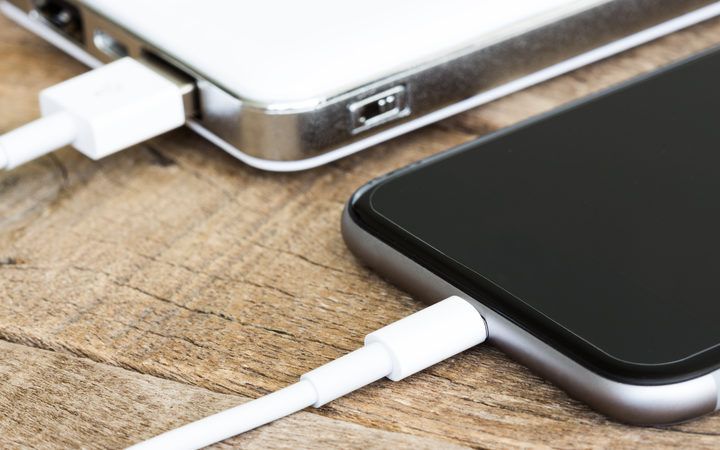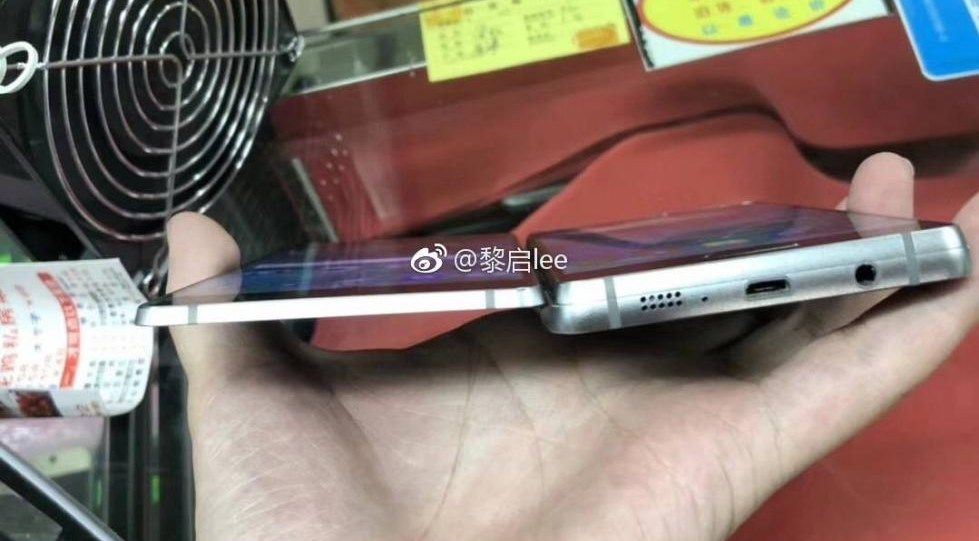Archive for the ‘mobile phones’ category: Page 175
Jul 26, 2018
Google wants you to use its new physical keys to secure your account
Posted by Genevieve Klien in categories: mobile phones, security
You should already be using two-factor authentication to prevent unauthorized access to your online accounts. While your phone is up to the task of helping you with that, Google believes it’s time for to take the next step: using a physical security key.
At its ongoing Google Cloud Next event, the company announced that it’s launched the Titan Security Key, which lets you log in to your account on your desktop by authenticating your identity with over USB or Bluetooth.
Check out TNW’s Hard Fork.
Continue reading “Google wants you to use its new physical keys to secure your account” »
Jul 25, 2018
Big Tech is Throwing Money and Talent at Home Robots
Posted by Derick Lee in categories: economics, mobile phones, robotics/AI
That may be about to change. Behind the scenes, big tech companies are funding secret projects to develop robots. Amazon.com Inc. has been working on a robot version of its Echo voice-activated speaker for a while now and this year began throwing more money and people at the effort. Alphabet Inc. is also working on robots, and smartphone maker Huawei Technologies Inc. is building a model for the Chinese market that will teach kids to speak English.
Alphabet and Huawei join Amazon in the race to build androids, the first of which could debut by 2020.
Jul 23, 2018
Uncovering the interplay between two famous quantum effects
Posted by Genevieve Klien in categories: biotech/medical, computing, mobile phones, quantum physics
The Casimir force and superconductivity are two well-known quantum effects. These phenomena have been thoroughly studied separately, but what happens when these effects are combined in a single experiment? Now, Delft University of Technology have created a microchip on which two wires were placed in close proximity in order to measure the Casimir forces that act upon them when they become superconducting.
Is vacuum really empty? Quantum mechanics tells us that it’s actually swarming with particles. In the 1940s, Dutch physicists Hendrik Casimir and Dirk Polder predicted that when two objects are placed in very close proximity, about a thousandth of the diameter of a human hair, this sea of ‘vacuum particles’ pushes them together – a phenomenon known as the Casimir effect. This attractive force is present between all objects and even sets fundamental limits to how closely we can place components together on microchips.
Superconductivity is another well-known quantum phenomenon, also discovered by a Dutchman, Heike Kamerlingh Onnes, in the early 20th century. It describes how certain materials, such as aluminum or lead, allow electricity to flow through them without any resistance at cryogenic temperatures. Over the last 100 years, superconductors have revolutionized our understanding of physics and are responsible for magnetically levitated trains, MRI scans and even mobile phone stations.
Continue reading “Uncovering the interplay between two famous quantum effects” »
Jul 21, 2018
World-first ‘super battery’ could charge your phone instantly
Posted by Genevieve Klien in category: mobile phones
An Australian scientist is researching new technology which could change the shape of the energy industry worldwide.
Jul 13, 2018
Satellite startups turn to reinventing broadband, mapping and other industries
Posted by Klaus Baldauf in categories: computing, mapping, mobile phones, satellites
Smartphones have disrupted transportation, payments and communication. But the underlying technology has tangentially changed a completely different sector: satellites.
The advances made in miniaturizing technologies that put a computer in your pocket — cameras, batteries, processors, radio antennas — have also made it easier and cheaper for entrepreneurs to launch matter into space. And investors are taking notice.
The chart below shows worldwide venture and PE investment in satellite technology companies.
Continue reading “Satellite startups turn to reinventing broadband, mapping and other industries” »
Jul 5, 2018
Semiconductor quantum transistor opens the door for photon-based computing
Posted by Genevieve Klien in categories: computing, mobile phones, particle physics, quantum physics
Transistors are tiny switches that form the bedrock of modern computing; billions of them route electrical signals around inside a smartphone, for instance.
Quantum computers will need analogous hardware to manipulate quantum information. But the design constraints for this new technology are stringent, and today’s most advanced processors can’t be repurposed as quantum devices. That’s because quantum information carriers, dubbed qubits, have to follow different rules laid out by quantum physics.
Scientists can use many kinds of quantum particles as qubits, even the photons that make up light. Photons have added appeal because they can swiftly shuttle information over long distances, and they are compatible with fabricated chips. However, making a quantum transistor triggered by light has been challenging because it requires that the photons interact with each other, something that doesn’t ordinarily happen on its own.
Continue reading “Semiconductor quantum transistor opens the door for photon-based computing” »
Jul 3, 2018
New Liberty Science Center exhibit puts you in the distracted driver’s seat
Posted by Genevieve Klien in categories: mobile phones, science, transportation, virtual reality
After living through a car accident, I think this raises excellent awareness!
Exhibits at the Liberty Science Center in Jersey City usually produce awe and wonder. A new interactive exhibit at LSC, however, gives the participant a grim and horrific look at the results of distracted driving. The AT&T 2018 It Can Wait Tour, a 3D virtual reality exhibit, will be at the science center from Friday, July 6 to through Tuesday, July 10, from 10 a.m. to 5:30 p.m. each day. The exhibit uses virtual reality technology to simulate the potentially deadly consequences of using a phone while driving. The exhibit also features a memorial wall, a wall of keys representing lives lost and a wall made to look like crushed car parts. The Liberty Science Center is located at 222 Jersey City Boulevard.
Jul 2, 2018
Samsung’s Project Valley Smartphone Looks Like Something You Might Throw Off a Mountain
Posted by Shailesh Prasad in category: mobile phones
Photos of Samsung’s supposed “Project Valley” dual-screen smartphone prototype have leaked and…yow. Not exactly the kind of device you’d imagine flying off store shelves.
















